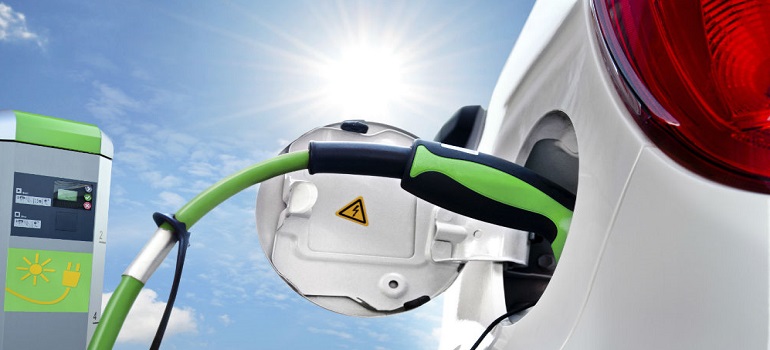
To reduce the carbon footprint of its fleet and to achieve sustainable growth, Bangalore-based enterprise logistics company -COGOS has announced that it will augment its fleet by 2500 electric vehicles (EV) across Bangalore, Hyderabad, Delhi, and Gujarat, and later in Maharashtra and Tamil Nadu.
This fleet is expected to achieve a reduction of 15000 tonnes of CO2, when running at full capacity, per year.
The fleet addition will take place in a phased manner over the next 24 months.
Cogos has partnered with OEMs (Original Equipment manufacturers) including Altigreen, Mahindra & Mahindra and Piaggio to enable its sustainable growth.
Currently, the company operates with three-wheeler commercial vehicles that have a payload capacity of 500 kgs, and is already working with the OEMs for 4 wheeler EVs with a capacity of 1 tonne.
These EVs will be used for the e-commerce, grocery, distribution and mobility sector. COGOS has already entered into deployment agreements of 500+ vehicles for leading E-Com Enterprise and another 300+ with Food, FMCG and Mobility enterprises.
The company in a statement said that it is committed to strengthening the ecosystem by promoting EV ownership and creating a pool of fleet-owning entrepreneurs focused on sustainable growth. This includes evangelising the benefits of EV to finance providers. Towards this,
COGOS also entered into a tripartite agreement with the owner operator and the financing entity, to support better financing for driver partners. COGOS is also bridging another gap by educating potential fleet owners on the benefits of EV.
Speaking on its plans to achieve environmentally sustainable growth, Prasad Sreeram, Co – founder & CEO ,COGOS said, “It is important for us, as a logistics company, to focus not just on efficiency and cost, but also on sustainability. With this fleet augmentation of 2500 EVs, we are on track to achieve as much as 30 percent of our revenues from green technologies by 2023.We want to give customers a significant edge in efficient and responsible distribution and last-mile delivery solutions. EV is the future of mobility and city logistics have higher operating costs and lower travelling distances, hence are best suited for EV adoption for the logistics sector.”

